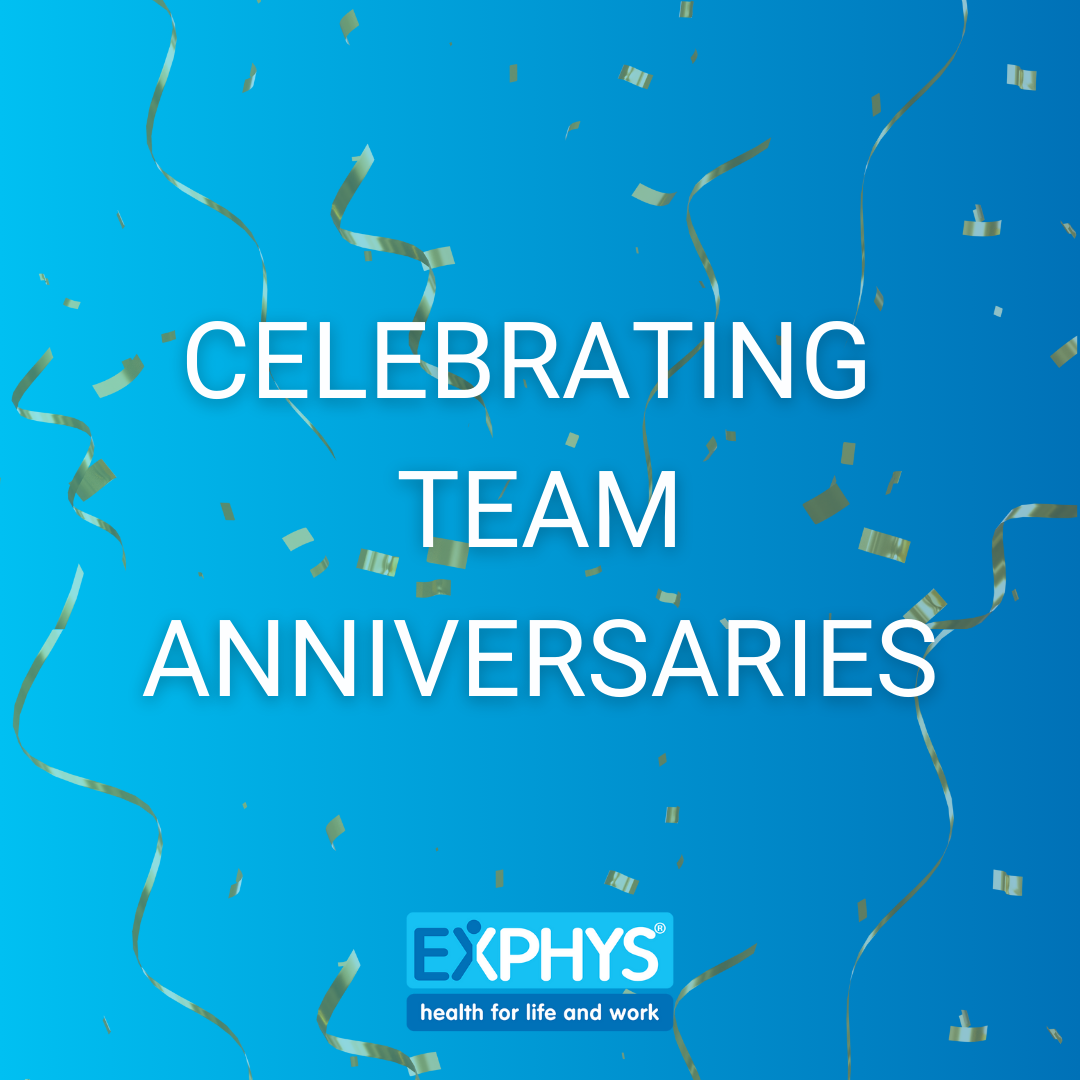MEDIA RELEASE: EXPHYS’ methodology aligns with ESSA’s updated position on Exercise Medicine for Cancer Management.

In 2009, Exercise and Sports Science Australia (ESSA) first published its position statement on exercise guidelines for people with cancer. Since then, there has been exponential growth in research evaluating the role of exercise in improving the outcomes for cancer patients.
“There has been a real need for a position statement that better translates the increasing body of research evidence into practice”, said Chris Sinclair, Exercise Physiologist and Managing Director, EXPHYS.
“For example, the general guideline of 150 minutes of moderate intensity exercise each week, or 75 minutes of high intensity exercise each week, as interpreted from the previous position statements, is off putting and inappropriate for many individuals that we assist, particularly earlier on in their cancer care”, explained Sinclair.
An update on ESSA’s position statement has been released, through Australian researchers and clinicians. It presents evidence of the benefits of exercise following a cancer diagnosis, and the recommended process for targeted, exercise prescription for cancer patients.
EXPHYS supports the position statement released, as it reflects the increased body of research obtained over the past 10 years. ESSA’s updated position goes deeper into client assessment, determining health issues, identifying client capacity and suitability, exercise prescription, and modification through reassessment. This is consistent with the approach used by EXPHYS.
“We have been waiting for an updated position which also outlines return on investment, both time and effort, for the client and clinician. This is particularly important for someone who has low capacity following cancer diagnosis. If someone can only tolerate 20-minute bouts of physical activity, we know that it is immensely beneficial so long as it is correctly prescribed. The updated position statement goes into this detail”, advised Sinclair.
“We have measured results that show clients who complete the EXPHYS cancer wellness program improve their health, function, and capacity, which flows through to improved life and work performance. This includes improved performance of life activities, physiological measures, strength and endurance, perceived exertion, mental wellbeing, energy, and return to work rates”, said Dr Vicky Phillips, Exercise Physiologist and Director, EXPHYS.
“It’s important an individualised approach is adopted for each person. This includes consideration of their cancer type/stage, cancer treatment and side effects, precautions and contraindications, exercise history and preferences, their functional capacity, along with fluctuating health”, explained Phillips.
“Utilising behaviour change coaching principles, a tailored plan is then developed (and gradually modified) with the client, in conjunction with their daily living performance to achieve their realistic life and work goals”, said Phillips.
EXPHYS is a national Exercise Physiology provider of specialised exercise oncology programs for the life insurance industry. Call 1300 853 345.
To read the ESSA position statement: Exercise medicine in cancer in full, click here.
MORE FROM EXPHYS



AUSTRALIA
1800 EXPHYS 1800 397 497
NEW ZEALAND
0800 EXPHYS 0800 397 497
STAY INFORMED
SUBSCRIBE
Thank you. You are now subscribed to our mailing list to stay informed.
Please try again later
All Rights Reserved | EXPHYS®
